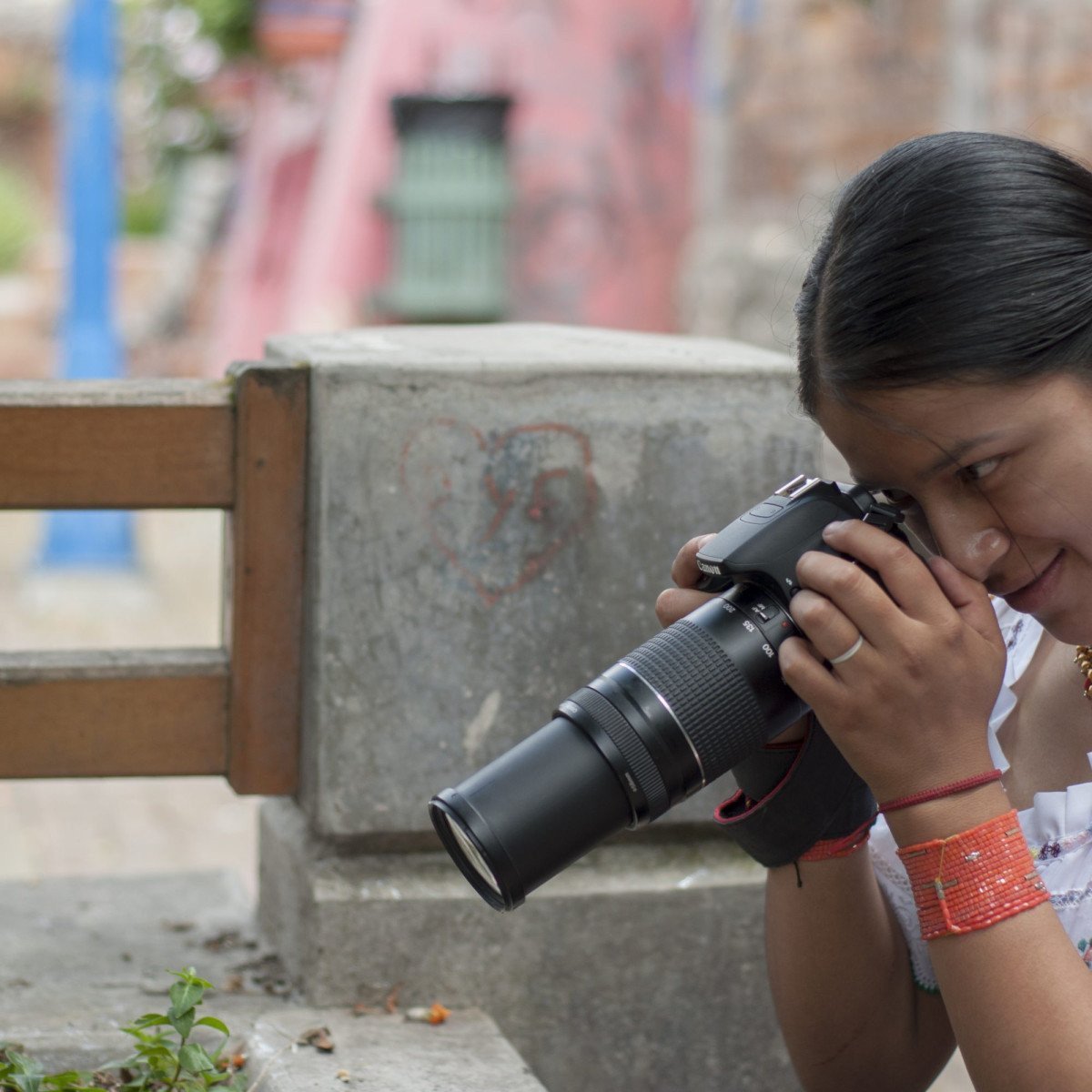I still remember being whisked away in the early hours of a summer morning to attend a photography workshop. Half-asleep and huddled with my peers, we waited eagerly for the instructor to arrive. When she did, the first phrase she drummed into us wasn’t about shutter speeds or apertures, it was, ‘Remember, with a camera in hand, you hold a slice of power; wield it with responsibility.’ Pretty intense for dawn, wasn’t it? Having itches to get into the gritty realm of photography more than ever?
Indeed, photography isn’t just clicks and flashes. For instance, did you know that every minute, nearly 300 hours of content is uploaded to social networks worldwide? This statistic reveals a heart-stopping reality – a reality where images have morphed from mere snapshots to narrative tools, scribing poignant tales of our existence.
Understanding Photography Responsibility
Photography’s power can be a double-edged sword. We, as photographers, have the capability to capture the world in its raw, vulnerable state, documenting moments that would otherwise be gone in a blink. This power, however, comes with the moral duty to respect and protect our subjects’ dignity, independence, and integrity.
For example, consider a usual day when you’re shooting downtown. You spot an interesting face in the crowd, perhaps an old man feeding the pigeons, his eyes reflecting countless untold stories. You’re instantly drawn. His expression, the angle of the light — it’s picture-perfect. But hold on, is it free for the taking? Well, that’s where ethical practices, like consent and public decency, come into play. You can see these topics discussed in depth in our other pieces, especially on cultural sensitivity photography.
In this article, we’re going to dig deeper into the moral maze that contemporary photographers often find themselves in. It’s a delicate tightrope, balancing the pursuit of capturing the truth and respecting the rights of the subjects we photograph.
Respect for Privacy
Photographing people, particularly in public places, involves a careful consideration of their privacy. Intruding into someone’s personal space without their consent can be disrespectful and ethically wrong. Alfred Eisenstaedt once said, ‘It’s more important to click with people than to click the shutter.’ A genuine connection with the subject always leads to photographs that are authentic and respectful.
Truth in Editing
In the age of Photoshop and Lightroom, it becomes easier than ever to manipulate images. While color correction and cropping are standard practises, too often we see photographs that have been ‘Photoshopped’ beyond recognition. The ethical dilemma arises when editing adjusts reality, thereby misleading viewers.
Let’s pause for a moment and imagine this through a dialogue. As photographers, when we sit in front of our editing software, we might ask ourselves, ‘Am I highlighting the story, or am I fabricating a new one?’
Photographers should recognize this boundary, and ensure that their editing practices convey the truth of the moment they captured. It’s about acknowledging the ‘I was here’ sentiment authentically, without falling into the pitfall of aesthetic pretense.
Model Release and Consent
The right of the subjects involved in your photography is as important as your right to capture the world through your lens. Regardless of whether a person is the primary focus or a passerby in the background, obtaining a model release or explicit consent is the right way forward.
Assuming a tourist in your landscape shot won’t mind their inclusion can travel down a risky road. The lesson? Always seek permission. Remember, it’s about capturing souls, not stealing them.
Concluding Thoughts
As we delve into issues of privacy, consent, and truth in editing, we realize the layers of ethics woven into the fabric of photography. The key takeaway? Photography is not just an art of observation, but a responsibility. It’s our responsibility to narrate authentic stories, to respect our subjects, and above all- to do good.
After all, isn’t every photograph a testament to a photographer’s promise: a vow to represent the world honestly, ethically and compassionately?


0 Comment